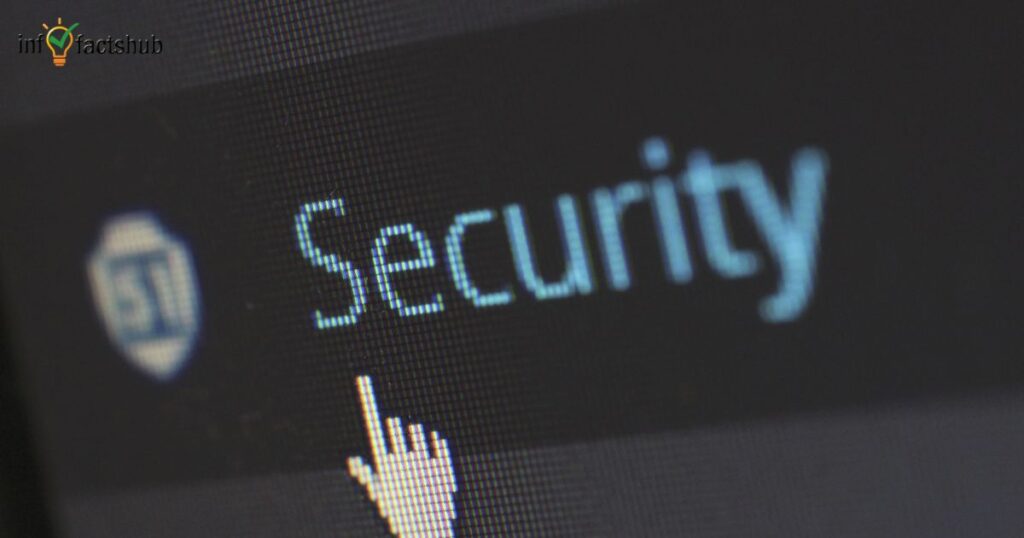
Living in the digital age, it’s crucial to prioritize online security and protect your personal information. With cyber threats becoming more sophisticated, it’s important to take proactive measures to safeguard your data privacy. This article will explore why online security and data privacy matter and provide user-friendly steps and tips to ensure the safety of your information in the digital world.
Understanding Online Security

Online security means keeping your computer systems, networks, and information safe from unauthorized access and cyber threats. It involves practices and technologies aimed at protecting both individuals and organizations online. Maintaining online security is essential as it helps keep your data confidential, prevents financial loss, and protects against identity theft.
The Importance of Data Privacy

Data privacy involves safeguarding personal information collected by websites, applications, and service providers. It’s about having control over your data and deciding how it’s collected, used, and shared. Data privacy is crucial for building trust between users and organizations, ensuring that sensitive information remains confidential and isn’t misused.
Challenges and Risks

The digital world poses various challenges and risks to online security and data privacy. Cybercriminals use tactics like phishing, malware attacks, and social engineering to gain unauthorized access to your data. Data breaches, where large amounts of personal information are stolen, are also on the rise. The use of Internet of Things (IoT) devices and the extensive collection of personal data by tech companies raise concerns about transparency and individual control over information.
Steps to Enhance Online Security and Data Privacy
- Create Strong Passwords: Use unique and complex passwords for each online account. Consider using a password manager to securely store and manage your passwords.
- Enable Multi-Factor Authentication (MFA): Activate MFA whenever possible to add an extra layer of security. It requires additional verification, such as a fingerprint or a one-time passcode.
- Keep Software Updated: Regularly update your operating system, applications, and antivirus software to have the latest security patches and protection against vulnerabilities.
- Secure Networks: Avoid connecting to public Wi-Fi networks, or use a virtual private network (VPN) to encrypt your internet traffic and protect your data from being intercepted.
- Beware of Phishing: Be cautious when clicking on links or opening attachments in emails, messages, or social media posts. Verify the sender’s authenticity before providing any personal information.
- Encrypt Your Data: Use encryption methods to protect sensitive data, both when it’s stored and when it’s being transmitted between devices and servers.
- Adjust Privacy Settings and Permissions: Regularly review and customize the privacy settings on your social media accounts, applications, and devices to control what information is shared and with whom.
- Back-Up Your Data: Regularly back up important files and data to an external hard drive, cloud storage, or another secure location. This protects against ransomware attacks or hardware failures.
- Stay Informed: Educate yourself about the latest cybersecurity threats and best practices. Be wary of online scams, fake websites, and suspicious emails.
Conclusion
In today’s interconnected world, prioritizing online security and data privacy is crucial. By understanding the importance of these topics, you can take practical steps to protect yourself from cyber threats and have control over your personal information. Implementing strong passwords, enabling multi-factor authentication, keeping software up to date, and being cautious of phishing attempts are just a few ways to enhance your online security. Remember to stay informed and be proactive in safeguarding your data privacy for a safer online experience.




